英書52冊チャレンジの11冊目の本となる、ASIA’S RECKONOINGという本を読み始めています。
この本は、ファイナンシャルタイムズ紙の北京、ワシントン支局長を経験し、アジア通でもある著者が、戦後のアメリカ、中国、日本の関係を語りながら、今後の中国と日本が向かっていく方向性を地政学的な観点から予測していく内容となっています。
2月に読んだ、The Future is Asianという本が面白かったので、今度はさらに日本が外からどう思われているのをもっと知りたくてこの本を手に取りました。
ちなみに、既に12冊目の本も選んでいて、こちらは、EMBRACING DEFEATというタイトルの本になります。著者はアメリカの歴史家で、1945年の日本の敗戦から1952年にかけて連合国により占領された日本の社会や、政治、経済などの状況を詳しく記した本で、1999年に出版された後、ピューリッツァー賞を受賞しています。
私自信、海外に10年以上出ていたことと、外資系の会社で常に海外の同僚と仕事をしているので、日本での常識や価値観が、世界の常識や価値観ではないことを痛いほど痛感しています。
そして、自分が目指している真のグローバルな人材になるためには、日本という国をもっと客観的に理解して、また日本がこれまで他の国にしてきたことを、良いことも悪いことも含めて知ることが大切だと感じています。
日本という国に生まれ、日本人であることにも誇りを持っていますが、ただ日本で教育を受けて、日本語の情報だけを得て、日本人とだけ議論しているとどうしても視野が狭くなってしまい、包括生や多様性はどうしても育ちにくいと思うのです。
ということで、まずは日本の外から日本がどう思われているのかを本を通して学んでいき、自分の考えや価値観とどう違うのかを確認して行きたいと思っています。
(English)
I have begun reading ASIA’S RECKONOING, the 11th book in the 52-book English book challenge.
In this book, the author, a former Beijing and Washington bureau chief of the Financial Times and an Asia expert, talks about the postwar relationship between the U.S., China, and Japan, and predicts the future direction of China and Japan from a geopolitical perspective.
I read the book The Future is Asian in February, which I enjoyed, and now I picked up this book to learn even more about how Japan is perceived from the outside.
Incidentally, I have already selected the 12th book, which is titled EMBRACING DEFEAT. The author is an American historian, and the book details the social, political, economic, and other conditions in Japan during the Allied occupation from Japan’s defeat in 1945 to 1952, and was awarded the Pulitzer Prize after it was published in 1999.
My confidence, having been abroad for more than 10 years and always working with overseas colleagues in a foreign-affiliated company, I am painfully aware that common sense and values in Japan are not the same as those in the rest of the world.
I also feel that in order to become a truly global human resource, which is my goal, it is important to understand the country of Japan more objectively and to know what Japan has done for other countries so far, both good and bad.
I was born in Japan, and I am proud to be Japanese, but I think that if you are just educated in Japan and only get information in Japanese and discuss things only with Japanese people, your perspective will inevitably become narrow, and it is difficult to develop inclusiveness and diversity.
Therefore, I would like to first learn what people outside of Japan think of Japan through books and see how it differs from my own ideas and values.
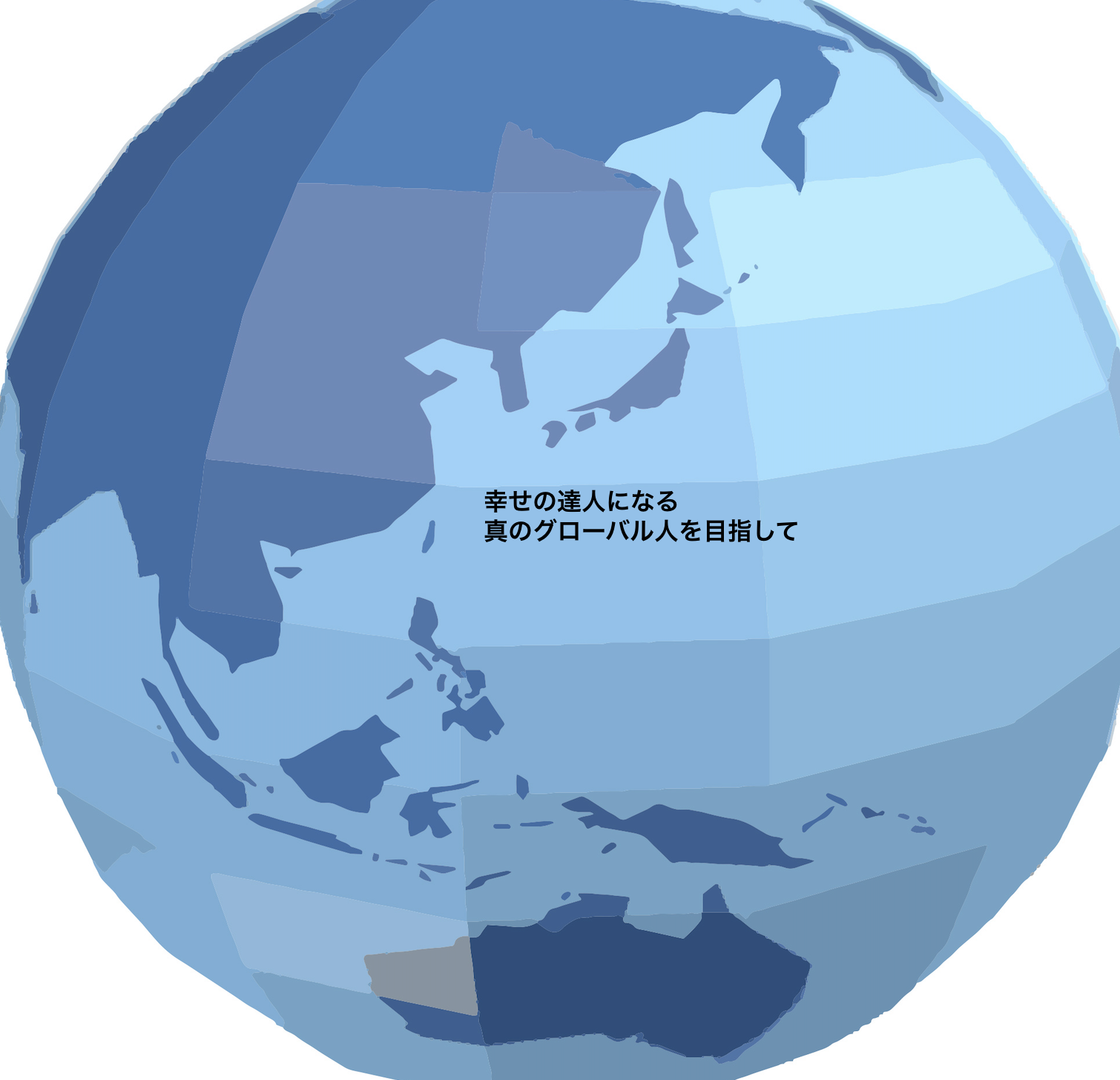

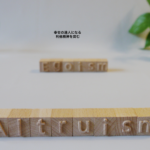
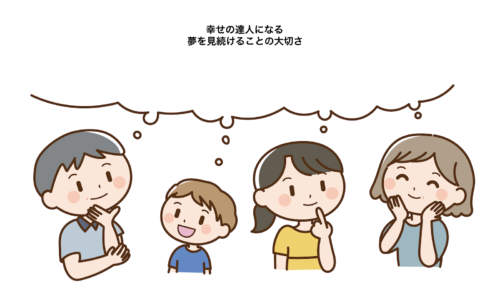
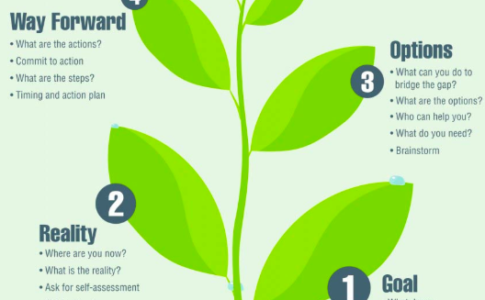

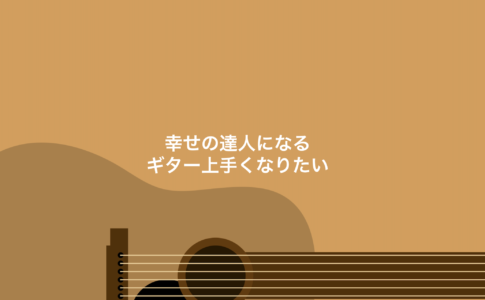
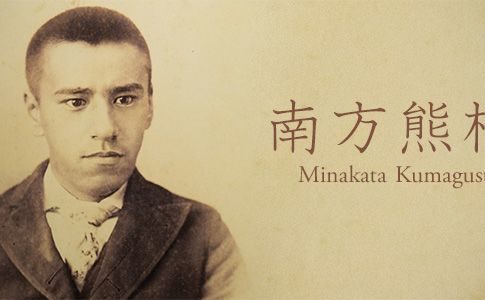
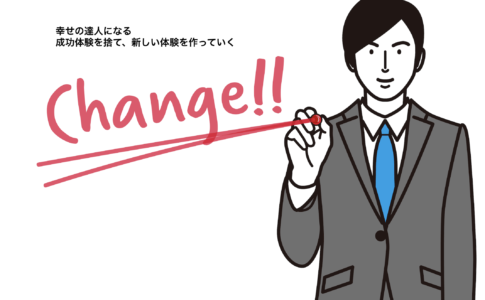
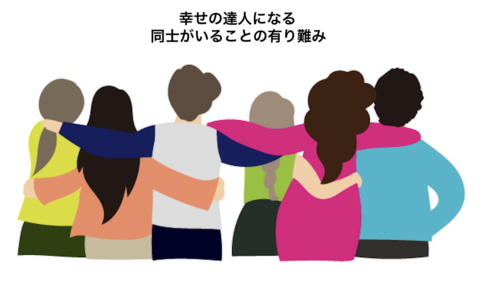

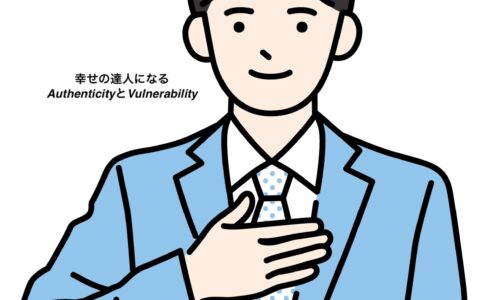
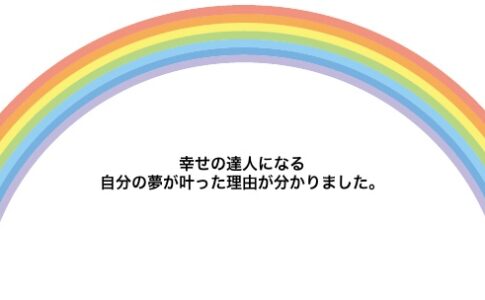
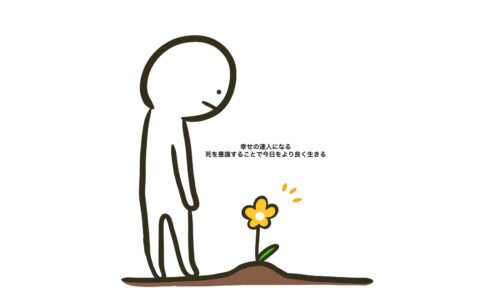
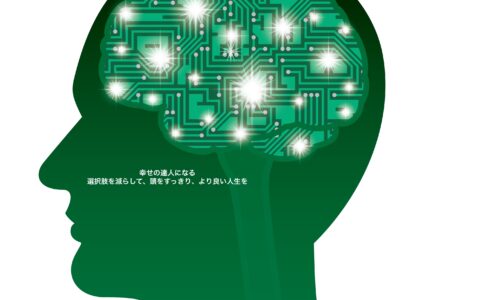

日本という国に生まれ、日本人であることに誇りを持っていますが、日本で教育を受けて、日本語の情報だけを得て、日本人とだけ議論しているとどうしても視野が狭くなってしまいます。その点、外国人が書いた日本に関する本を読むことは多様性を高めるためにも効果的です。